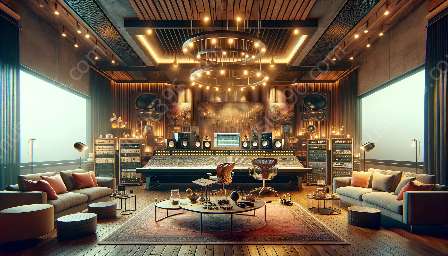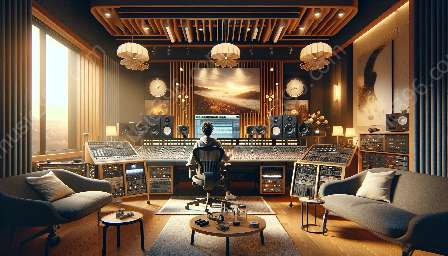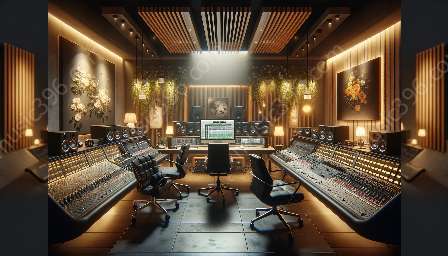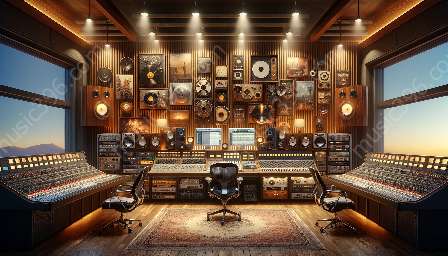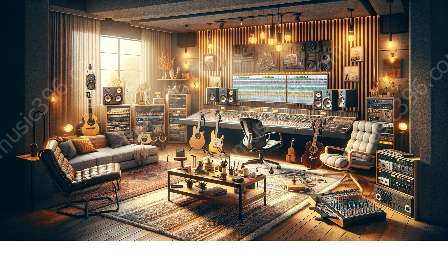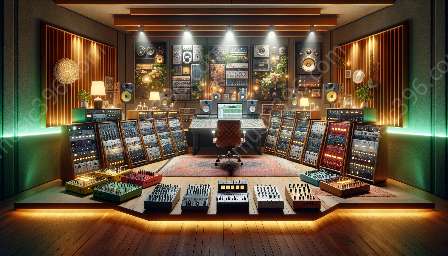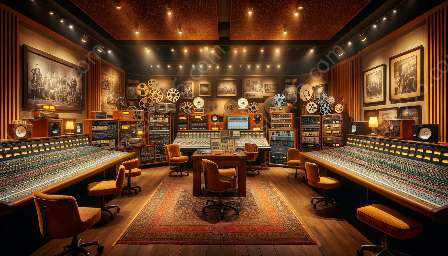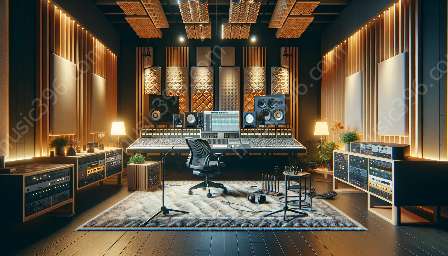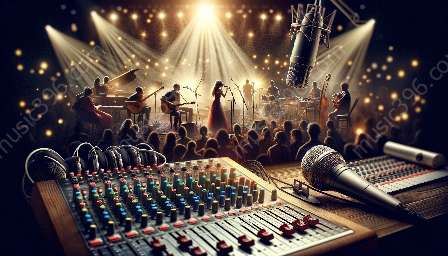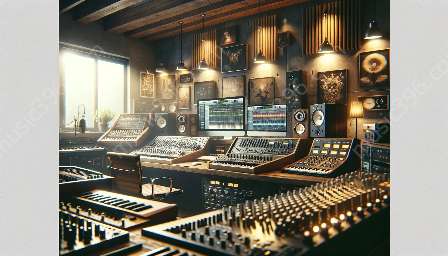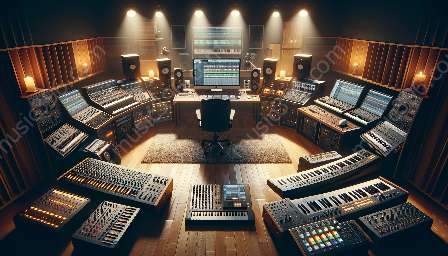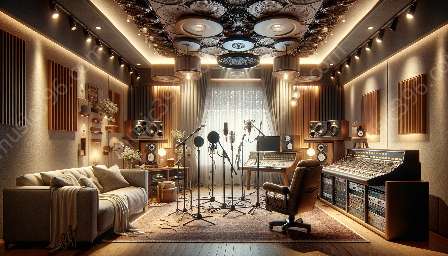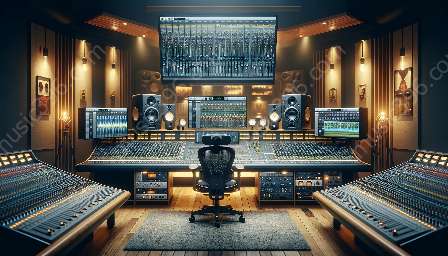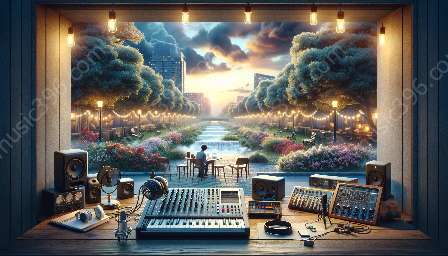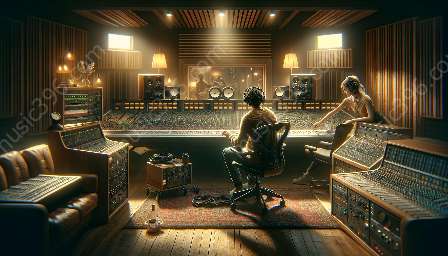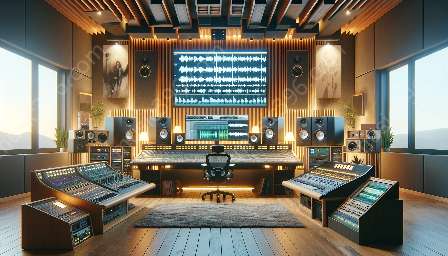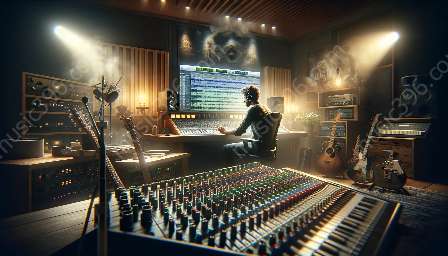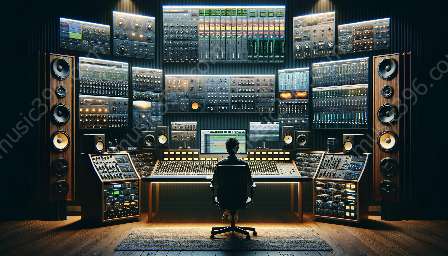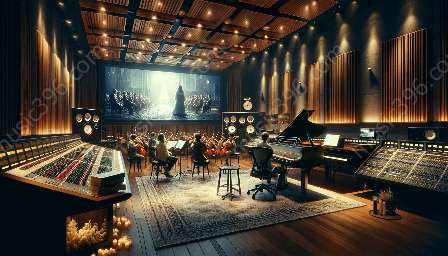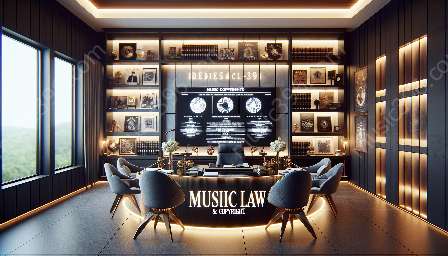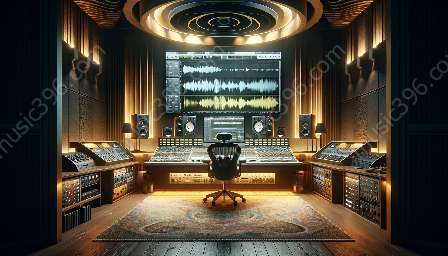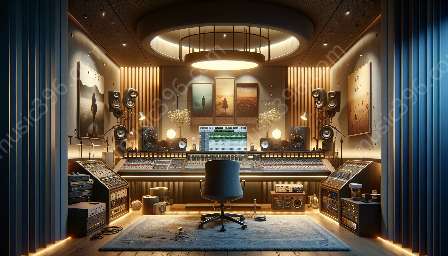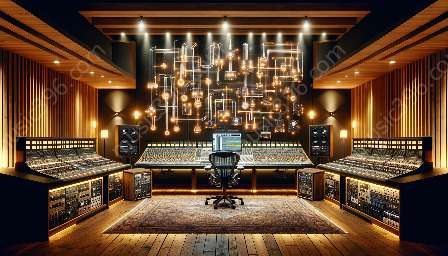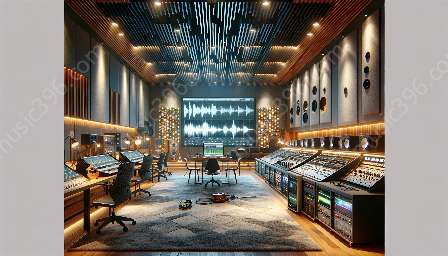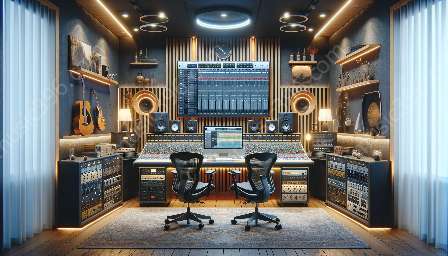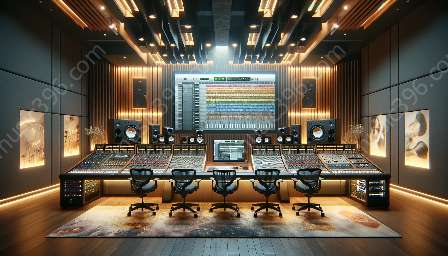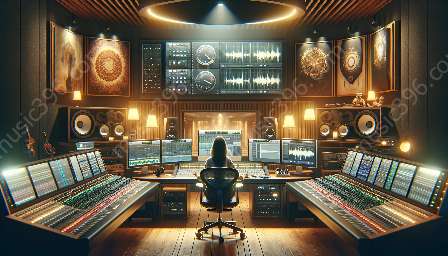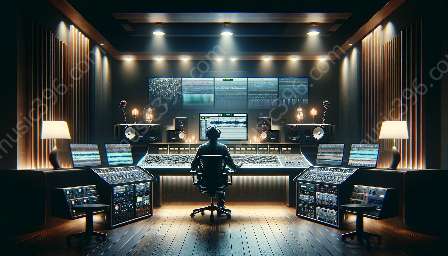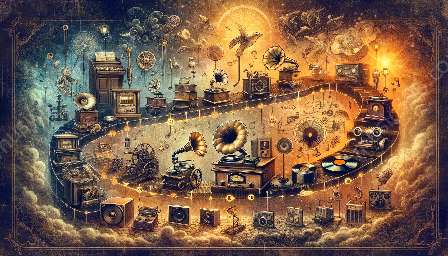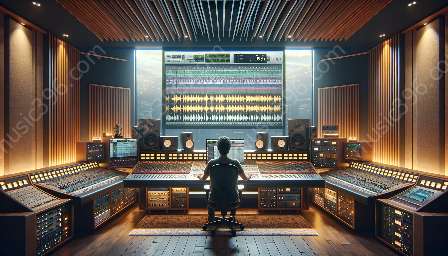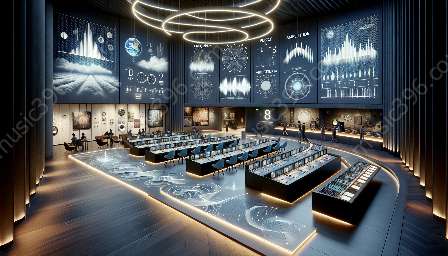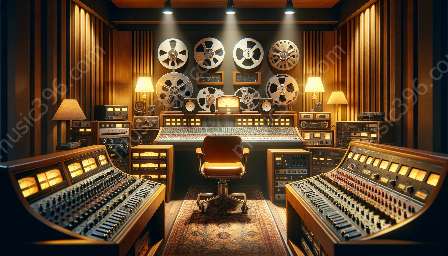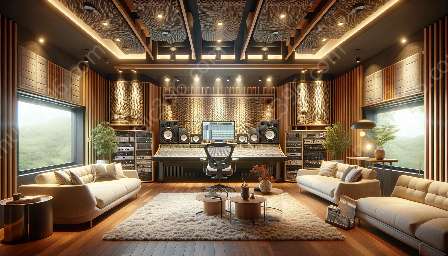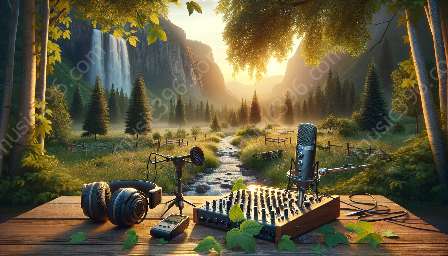Music recording technology has evolved significantly over the years, shaping the way music is created and experienced. With the advent of virtual reality (VR) and augmented reality (AR) technology, the music industry has seen transformative changes in recording, production, and performance. This article will explore the impact of VR and AR technology on music recording and performance, alongside the history and evolution of music recording technology.
History and Evolution of Music Recording Technology
The history of music recording technology dates back to the late 19th century when the invention of the phonograph by Thomas Edison revolutionized the way sound was captured and reproduced. Over the years, advancements in recording technology led to the development of magnetic tape recorders, vinyl records, cassette tapes, and eventually digital recording techniques.
With the introduction of digital recording, musicians gained unprecedented flexibility and control over their recordings. Digital audio workstations (DAWs) allowed for precise editing, mixing, and manipulation of sound, marking a new era in music production.
VR and AR Technology in Music Recording
Virtual reality and augmented reality have made their mark on the music industry, offering innovative ways to record, produce, and experience music. VR technology enables musicians to create immersive recording environments, allowing them to perform and record in virtual spaces that transcend physical limitations.
Through VR, artists can experiment with spatial audio, placing instruments and sounds in three-dimensional space, offering listeners a truly immersive and interactive experience. This technology has the potential to redefine the concept of studio recording, providing new creative possibilities for musicians.
Augmented reality has also found its place in music recording, enhancing the production process by overlaying digital elements onto the physical world. Musicians can use AR technology to visualize and manipulate sound in real-time, blurring the lines between traditional recording techniques and digital innovation.
Impact on Music Performance
VR and AR have not only revolutionized music recording but also transformed the way music is performed and experienced live. Virtual reality concerts and experiences have become increasingly popular, offering fans the opportunity to immerse themselves in virtual venues and interact with their favorite artists in unprecedented ways.
With VR technology, musicians can connect with global audiences in virtual spaces, transcending geographical boundaries and bringing live performances to fans around the world. This has opened up new avenues for the music industry, creating virtual concert experiences that rival traditional live shows.
Augmented reality has also influenced music performance, with artists incorporating AR elements into their live shows to create mesmerizing visual effects and interactive experiences for audiences. From holographic displays to interactive AR installations, musicians are leveraging this technology to elevate the live music experience.
The Future of Music Recording and Performance
As virtual reality and augmented reality continue to reshape the music industry, the future of music recording and performance holds endless possibilities. VR and AR technology are likely to further blur the lines between physical and digital music production, enabling new forms of creativity and expression.
With the ongoing advancements in VR and AR hardware and software, musicians and producers will have access to increasingly sophisticated tools for creating and delivering immersive music experiences. From virtual reality recording studios to augmented reality-enhanced live performances, these technologies are set to revolutionize the way we create and experience music.
In conclusion, the integration of virtual reality and augmented reality technology has had a profound impact on music recording and performance. From redefining the studio environment to revolutionizing live performances, VR and AR have opened up new frontiers for creativity and expression in the music industry.

